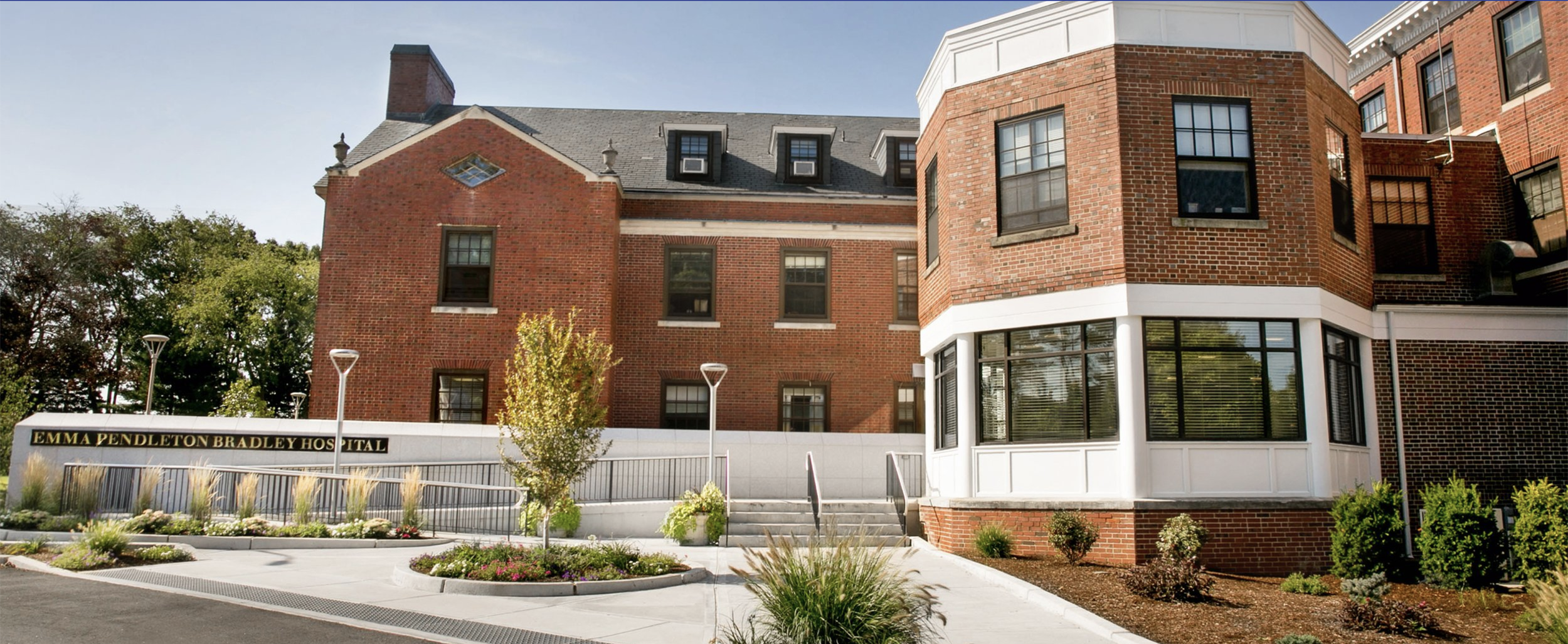Why I REACH: An Interview With a Behavioral Health Specialist
By Antoinus Morton, Behavioral Health Specialist
I’m a Behavioral Health Specialist on the Bradley REACH team. That means that I work with the kids in our programs every day to guide them on their journey.
When the suggestion that I write a blog was made by one of my co-workers I had no idea what I would write. After giving it some thought I decided that I would blog about what brought me to the mental health field, why is this my passion and how I came to be involved in this work.
What brought me to the mental health field, why is this my passion and how I came to be involved in this work?
The answer to that question has many layers. But the one that stands out the most lies within my own struggles as a teen with PTSD and depression. Those struggles molded me into the Behavioral Health Specialist that I am today. When I was younger there was no one to talk about my issues with. There was no Bradley Hospital where I grew up for me to seek help.
Living in an African American community where talking about your mental health was perceived as being weak I had to keep it all in. There was no option for medication. I think subconsciously I said to myself that I will be a part of making this different for teens when I’m an adult.
What is the most important lesson you’ve learned working with teens?
One of the most important lessons I’ve learned working with teens is to make sure that I’m always listening. It’s not always about providing teens with an answer. Sometimes they just appreciate being heard. Listening is the backbone to establishing a healthy rapport with young folks. A few years ago when I worked on the Adolescent Inpatient Unit at Bradley some of my co-workers referred to me as the “child whisperer”. I have to be honest, that gave me a sense of pride. I had a reputation of working with the most acute patients in a therapeutic way that resulted in them feeling heard and able to get through crisis situations safely and without physical intervention.
What didn’t you understand when you were a teen?
What I did not understand when I was younger was that my struggles with mental health as a teen would be my most effective tool when supporting teens in my adult life. I feel like teens today are very good at being able to see if you are genuine. Although they don’t use words like sincerity, compassion and dedication they definitely know what they mean. It’s been a privilege to work in a field that is my passion for more than 17 years. I feel lucky that I am able to learn something new every day, whether it be from a co-worker or one of the teenagers I am supporting.
What is your biggest joy in working with young people?
One of my biggest joys is seeing young people that I’ve worked with doing well. When they approach me proud telling me of their successes and how they are coping everyday and staying of the hospital. That look of pride in their faces is priceless.
My uncle used to always tell me “Anthony turn a defeat into a victory.”
This is why I reach.
ABOUT THE AUTHOR:
Antoinus Morton
Behavioral Health Specialist


